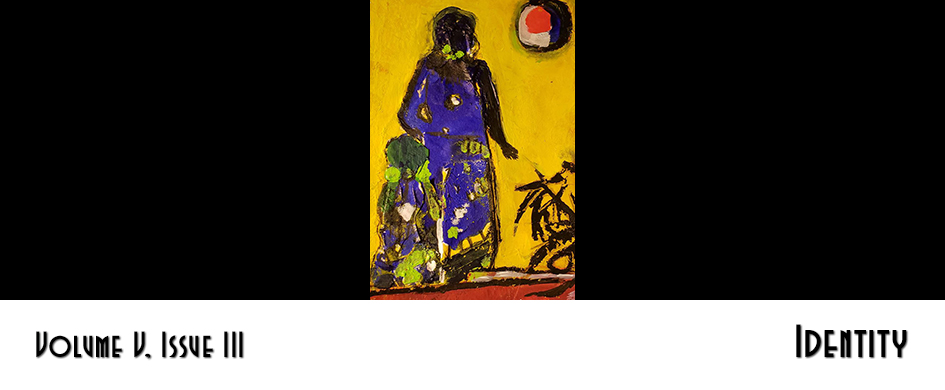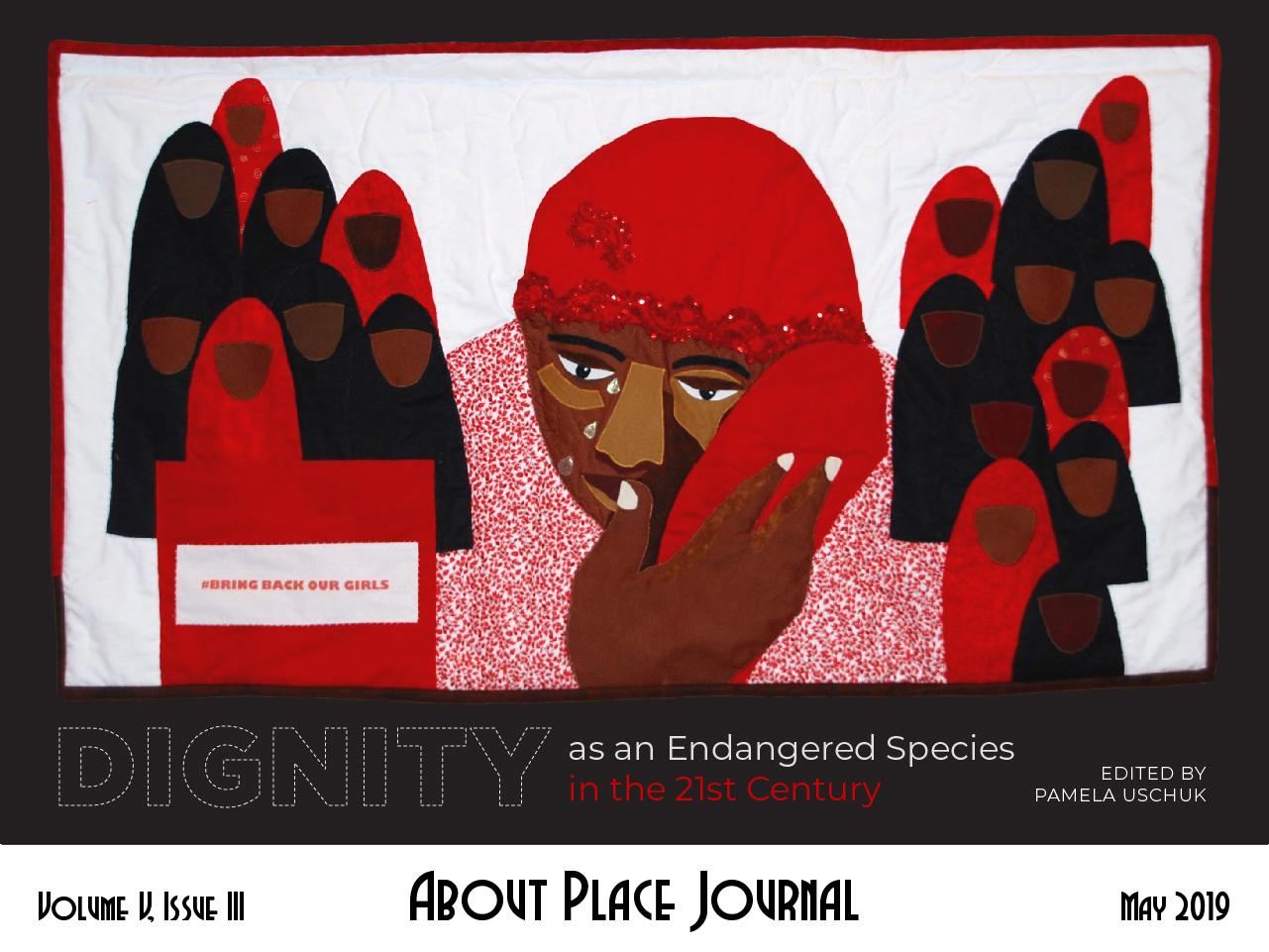In 1993, on the occasion of that year’s Gay Pride weekend, a now-defunct Los Angeles gay newspaper asked me to write an essay on self-respect. I recall some despair at taking up the assignment. We were at the very darkest hours of the AIDS epidemic. Many of the activists and caregivers of the epidemic’s first decade were burned out, dying, or dead. There was little prospect of a cure. The few treatments that offered promise had limited effectiveness and brutal, sometimes fatal side effects.
Despite the very particular context of that essay, I find in rereading it that it has an uneasy prescience for the LGBT world of 2019, where treatments have made HIV, where drugs are available and affordable, a manageable illness, and where we are post-legalization of same-gender marriage in the United States and post-Transparent and Modern Family and The L Word. On the coasts, or among friends employed by most Fortune 500 companies, or among friends employed by the federal government, I encounter repeatedly the attitude that these developments solved everything. Stubborn prejudices will gradually melt away, as grandparents in the flyover lands perceive that their queer grandchildren are exactly like them, down to fighting over the family china. As for the AIDS years, well, bad things happen, too bad you didn’t have PrEP.
And yet as I write these words, the federal government, under Donald Trump, has resumed its war on LGBT people; the Methodist Church, one of the largest Protestant denominations, has reaffirmed that it shares the official stance of the Roman Catholic Church, who labels us “intrinsically disordered”; and the state of Arizona, where I live, bans discussion of homosexuality in public elementary and secondary education. Sexually transmitted diseases, many of which have devastating and sometimes fatal consequences, are on rise, since PrEP is effective only against HIV; at times PReP seems, like birth control for women, one more excuse for men to continue our legendary indifference to the consequences of unprotected sex. Though long supported by a majority of Americans, nationally-mandated employment and housing protections seem far off, and in much of the world, homosexuality and transsexuality remain punishable by imprisonment or death.
One would have thought the experience of African-Americans with the passage of constitutional amendments ending slavery and guaranteeing the right to vote would have offered a cautionary model. Fifty years after the end of the Civil War, conditions for African-Americans were as bad, arguably worse in some states, as the racists in the Confederate South took their revenge, with the victors’ tacit endorsement. Among a recent pool of applications for the University of Arizona’s graduate program in creative nonfiction, the largest component were trauma narratives, of which the majority were stories of young LGBT people being harassed, bullied, thrown out of their homes, or witnessing the addictions and suicides of other young LGBT people. Meanwhile I see among LGBT people who have “made it,” who have married and found employment and housing in some safe space, an indifference and even hostility to activism. A letter published in Harper’s Magazine, responding to my 2018 essay The Future of Queer, makes my point: “the subculture that Fenton Johnson cherishes has become obsolete and anachronistic. To us, it seems distasteful. We are not queer. We are not fringe. We refuse to carry the torch for other marginalized groups… It is time for ‘queer’ to go into the history books — the sooner, the better.”
We refuse to carry the torch for other marginalized groups: I read this letter and thought of At the Mind’s Limits, Jean Améry’s terrifying, necessary essay on his torture at the hands of the Nazis. Améry was not, strictly speaking, a Jew; his father was Jewish, but Jewish identity is traditionally matrilinear, and his mother raised him Roman Catholic. Born Hanns Chaim Mayer, he changed his name post-Auschwitz to Améry, an anagram of his birth surname but also a telling adaptation of the French word amer (“bitter”).
During his torture and later imprisonment, Améry learned that fine points of genealogy, cultural identity, and theology mattered not the slightest to his torturers, who assigned him the identity that served their purposes. Suspended by his wrists from a butcher’s hook until his shoulders dislocated, Améry discovered that in fact he was a Jew, that he faced a choice between embracing the identity assigned to him as a necessary step toward survival or being sent to the crematorium.
A more contemporary example reinforces the point: We will never know if, had the U.S. and other governments responded more quickly to the AIDS crisis, the lives of millions would have been spared. What we do know is that serious research funding and prevention campaigns were long delayed because at-risk populations were perceived as being “intrinsically disordered”—disposable at best, culpable at worst. Those homophobes would not have been swayed had their victims been married by church or state, any more than Améry’s torturers were interested in the particulars of his genealogy.
And yet if human endeavor is to account for anything more significant than market share, the noble gesture lies in Améry’s embrace of his otherness and our contemplation of his experience—some version of which, after all, is repeated every day, often with the support of American tax dollars. The least we can do for the victims is to respect their suffering—to teach and speak and write of it—and to declare our solidarity with them.
Améry writes of how, at the touch of a tool, the torturer transforms his victim into a “shrill squealing piglet.” In the face of torture, what meaning may be found in the phrase “human dignity”? Are we not better served by abandoning the marginalized, the prisoners, the poor to their unlucky fates?
I have located my response to those questions in my intuition, increasingly supported by science, that the appropriate analogue for our species is the aspen forest, or the underground fungi of certain damp northern states—vast networks of individuals discernible in their individual identities but linked at the root. In the cases of the aspen or the fungi, the root is literal; in the case of people, the root lies in a collective unconscious. In some way not given to us to understand, born more of intuition than intellect, gestures have ways of reverberating into the future. Contrast, for example, the outcome of the post-World War II Marshall plan, in which the United States helped its former enemies to rebuild their ravaged economies, to the outcome of the Iraq wars, undertaken from a desire for revenge and domination.
In the end, the torturer—or the self-styled free market capitalist; sometimes I believe them to be, if not indistinguishable, at least closely related—degrades himself.
In the age of social media and the hand-held device, how do we preserve, learn, and teach a preference for the slow, the considered, the dignified—the struggle for dignity, for others and for oneself? In the end, virtue must be its own reward. The phrase feels hackneyed, but then I encounter the following in Crossing the Yard, Richard Shelton’s characteristically self-deprecating memoir of more than forty years of teaching in the Arizona prisons:
Buddhism offers the same message in more humble terms: Chop wood, carry water. Try to follow the path of virtue and detach from the outcome.
More than twenty-five years after the publication of my first explicit writing on the subject, the paths of virtue, let alone the patience required not to stake my commitment on some external standard of success, reveal themselves no more easily than ever. But with these words, I bend to the woodpile, I fill my pail at the well.


